The Emmy nominations will be announced July 14, but it’d be silly to predict much upheaval. This awards show, the exact opposite of the novelty-loving Golden Globes, moves according to glacial time, not TV viewers’ time. And year after year, many worthy but unexciting or past-their-prime shows find their way to a nomination simply on the basis of familiarity.
That makes it hard for any newbie to break in, and yet harder for real surprises to happen. But hope springs eternal. Here are two series and six stars I would love to see honored. In many cases, I’m sticking them on my ballot precisely for the reason that they won’t be nominated, because they deserve vastly more attention. It’s not out of the question—Friday Night Lights suddenly became an Emmy darling late into its run. So if not this year, maybe next year; like any good long-running series, the Emmys give you just enough reason to hope for a turnaround.
Best Comedy: Catastrophe, Amazon
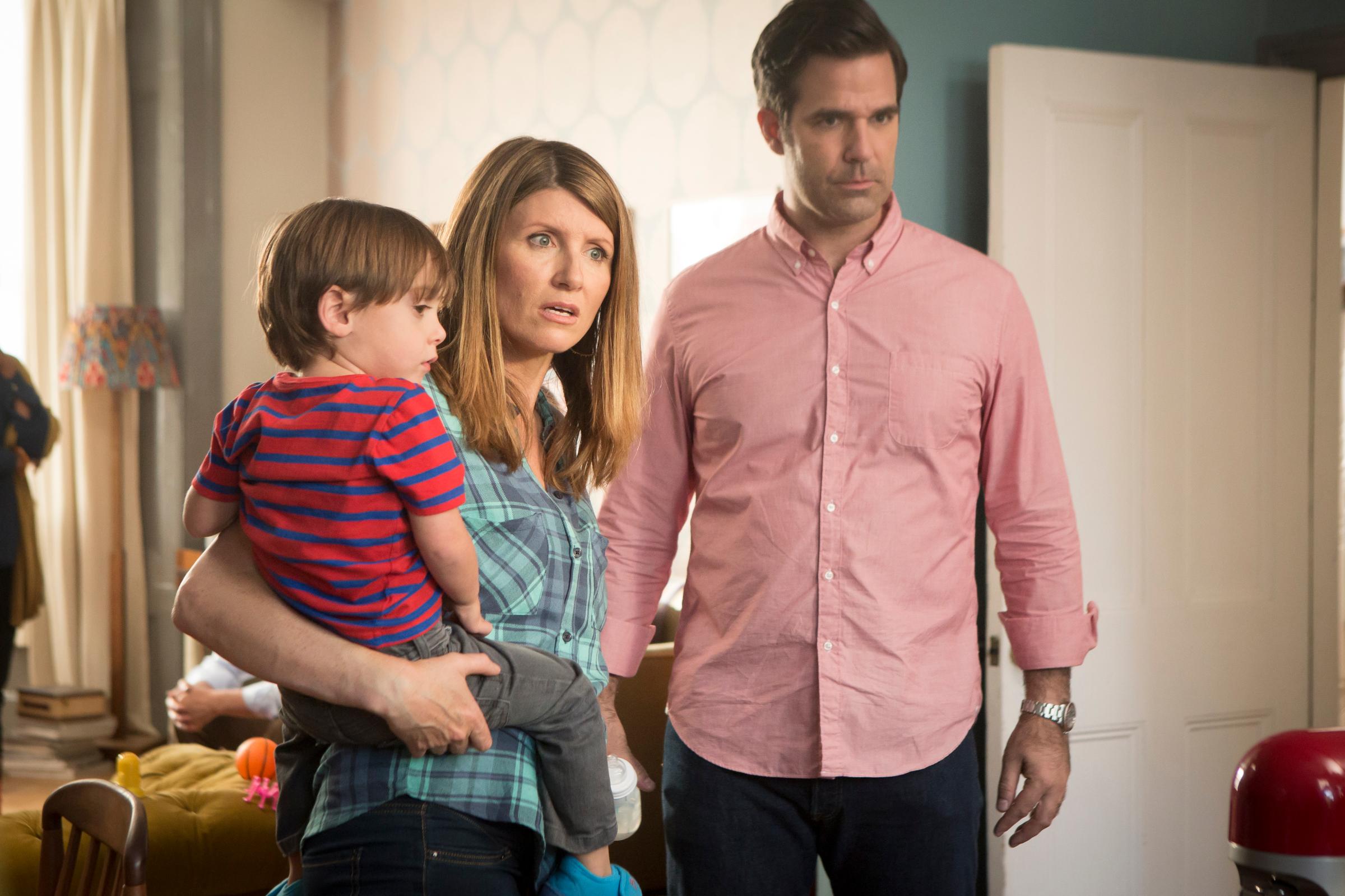
In this field, the Emmys are likely to nominate, for the second consecutive year, Transparent, the Amazon streaming series that puts the notion of “Best Comedy” to the test. (Even a semi-skeptic like me can acknowledge its quality, but is it a comedy, rather than a somewhat searing thirty-minute drama?) I’d cast my vote instead for fellow Amazon series Catastrophe, which handles major life events like pregnancy, marriage, and revelations with a light touch. This makes flashes of painful emotion all the more pronounced. It’s certainly a comedy—the insults Rob (Rob Delaney) and Sharon (Sharon Horgan) toss at each other are crafted with a scalpel—but it also uses its short six-episode seasons to push forward what comedies can do.
Best Drama: The Leftovers, HBO
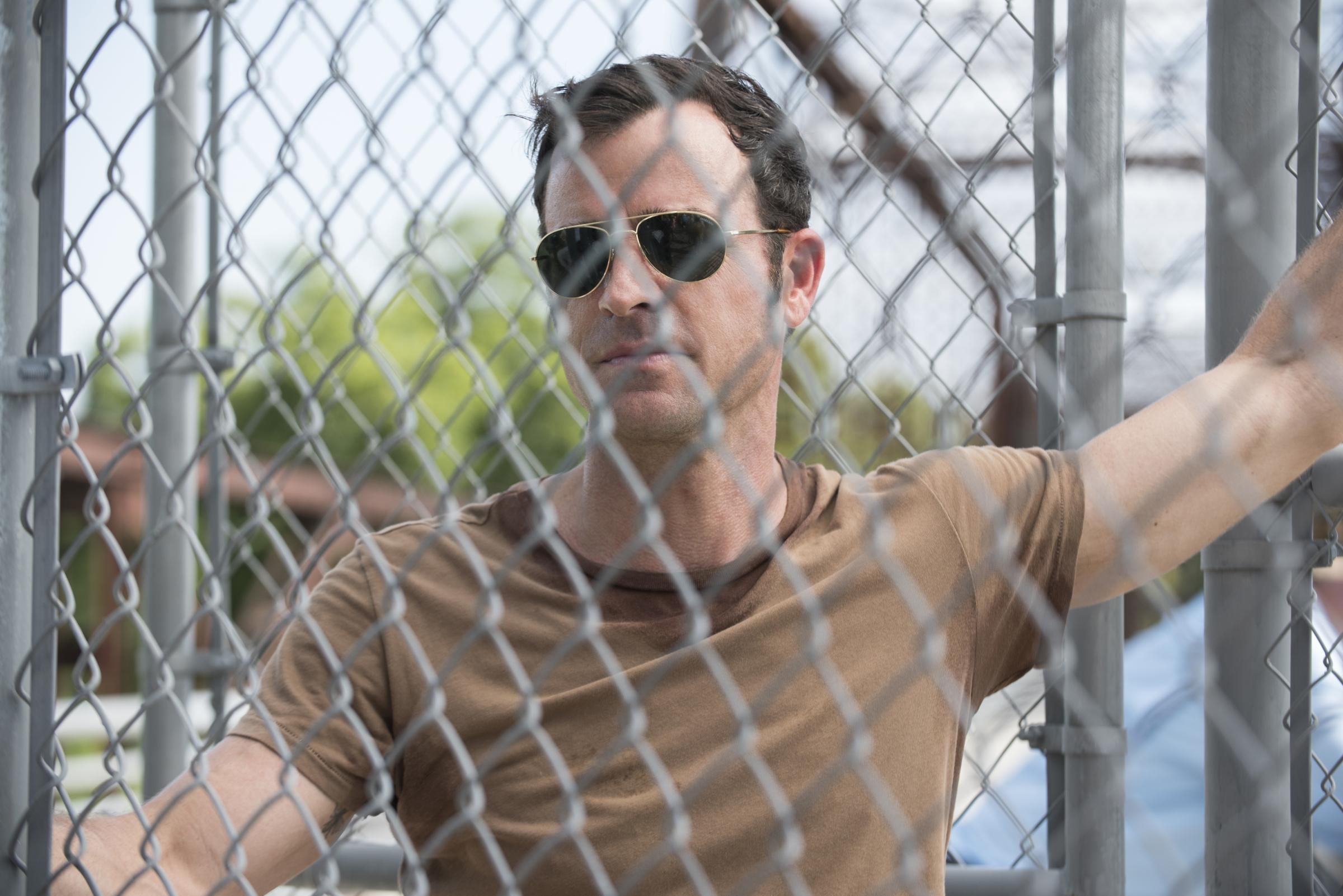
This field tends to be, even by Emmy’s own standards, static. There are several more deserving dramas on the air, but one I’d spotlight is The Leftovers. In its second season, a show that had been an unremittingly grim slog transformed into a strange and wondrous meditation on grief. By moving the action to a new location—a Texas town removed from the traumatic disappearance of two percent of the world population—the once-suffocating Leftovers was able to build out an entire world of possibilities from its intriguing premise. The Emmy isn’t awarded on the basis of what’s most improved, but this transformative season was one of last year’s best, and would add freshness and oddity to a familiar ballot.
Best Actor in a Drama: Matthew Rhys, The Americans, FX
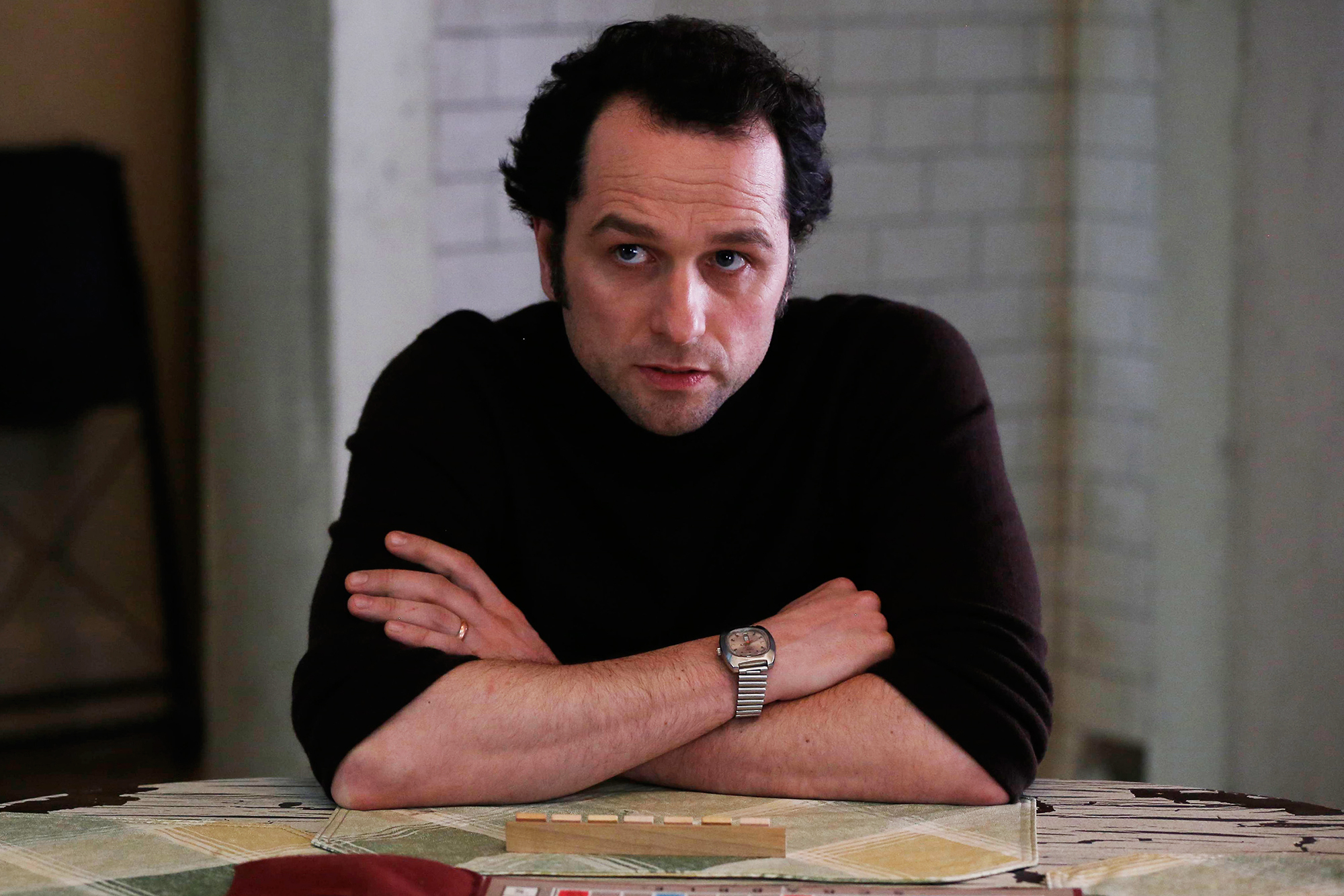
The Americans has, in its first three seasons, been consistently under-awarded, which—not to get sour-grapes-y—is fine: Its quality is really reward enough. But a spot opening up in the Best Actor field after the departure of Mad Men feels like fate, coming as it does after Rhys’s best season yet. The actor is the understated half of the show’s central Russian-spy couple: Keri Russell, as the more committed and ruthless KGB agent, gets the fireworks. But Rhys’s growing disaffection, carried across through his involvement in the new-age group est, made for a minor-key triumph, and some of the year’s most subtly beautiful work.
Best Actress in a Drama: Rhea Seehorn, Better Call Saul, AMC
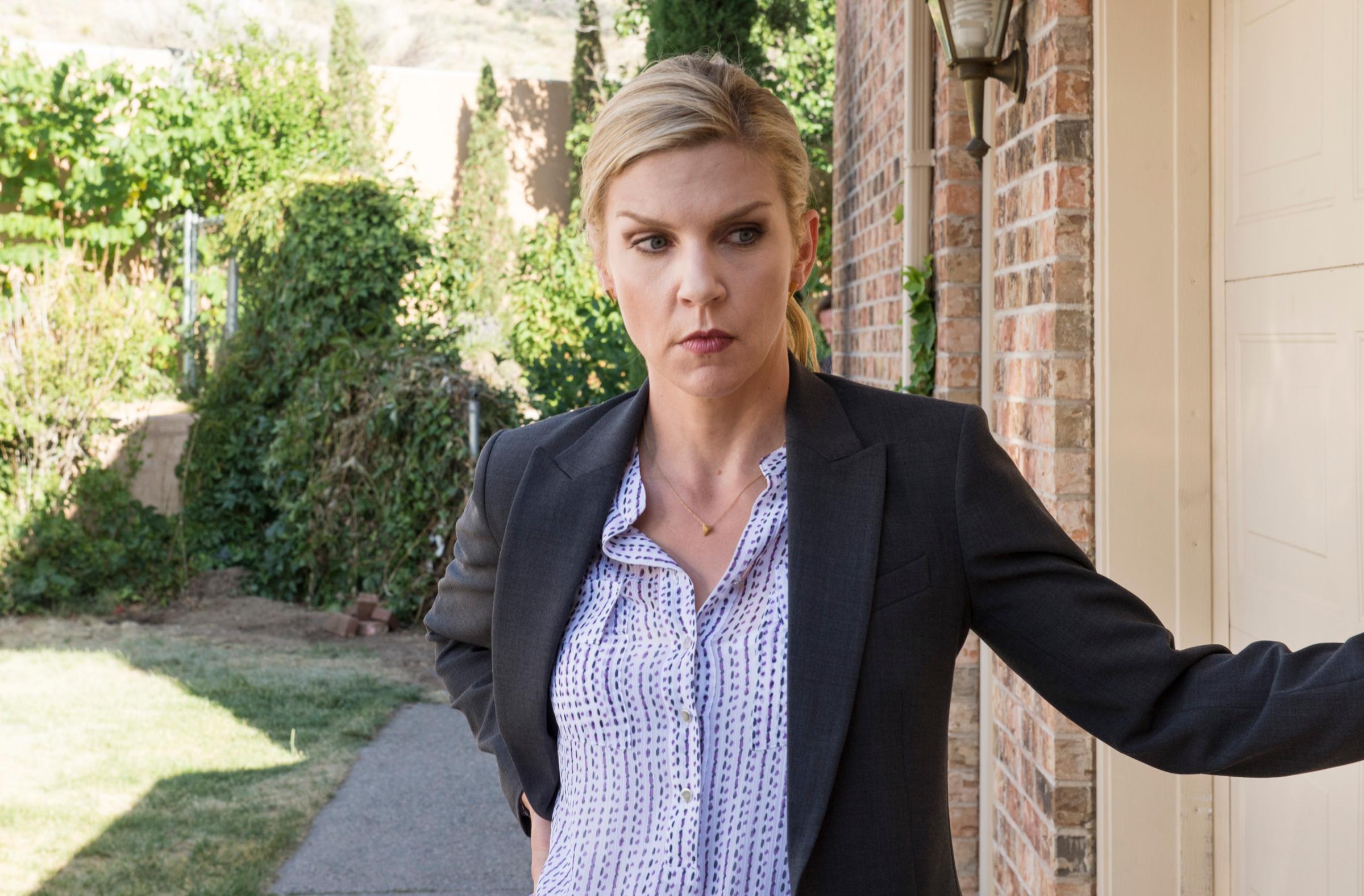
Seehorn’s in a similar spot to Rhys: Playing Kim, a lawyer entangled with and overshadowed by Bob Odenkirk’s showily amoral Jimmy, she’s playing moral confusion and career frustration. But the slow build of her frustrations—occasionally letting off some tension by taking part in one of Jimmy’s scams, against her better judgment—is remarkable. When her skills in the office are ignored, Seehorn seethes under a diamond-hard exterior of professionalism. And when she decides to pull off another con, just for distraction, her sunny, unreserved relief makes you realize just how dark the shadows over her have been.
Best Actor in a Comedy: Aziz Ansari, Master of None, Netflix
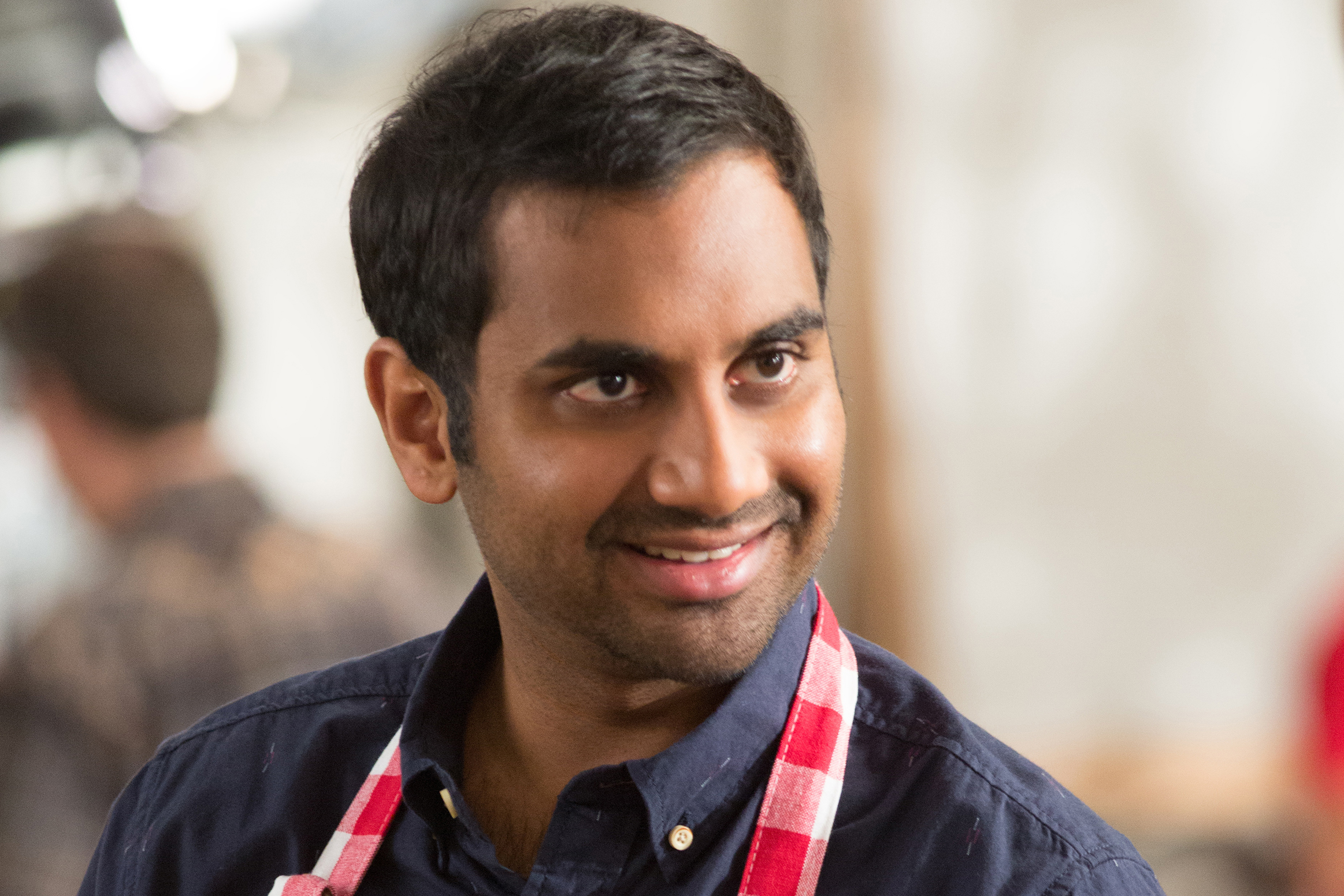
Master of None is a TV love story that’s, for all its characters’ hangups, quite simple. It either works for you or it does not—and if it does, that’s because you’re charmed by Ansari. The actor played a sarcastic and materialistic municipal employee on Parks and Recreation, but here his snideness melts into an earnest love both of love itself and of a self-centered, childlike lifestyle. Where the two collide—as in an episode where Ansari’s Dev has a great trip to Nashville with his girlfriend, up until his quest to get a special bottle of barbecue sauce makes them miss their flight—is where the show finds its magic, and Ansari is committed and unironic enough to make it work.
Best Actress in a Comedy: Gillian Jacobs, Love, Netflix
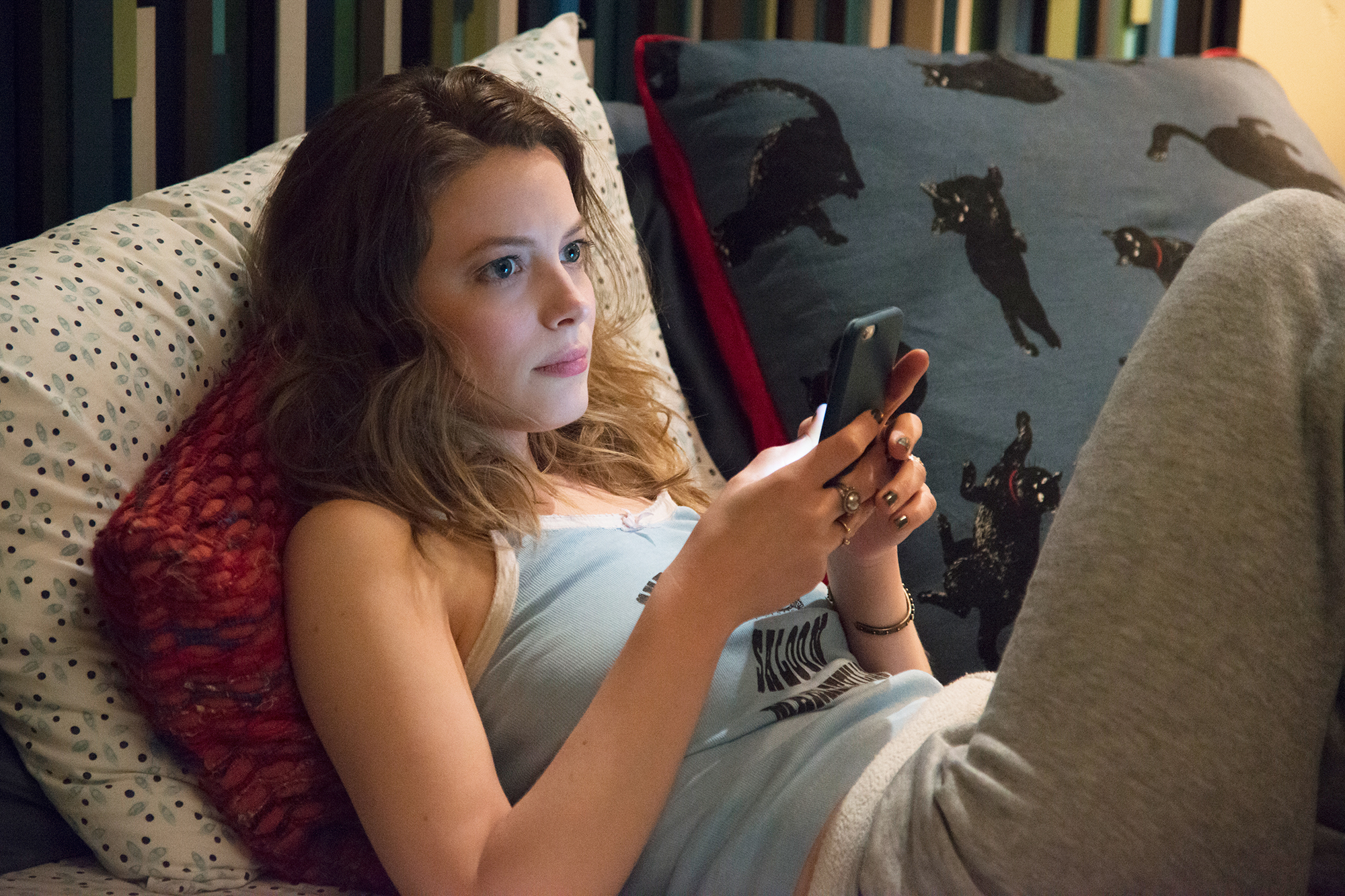
Many performers on TV did great work this season conveying depression, or something close to it—Amanda Peet on Togetherness, Aya Cash on You’re the Worst, Michaela Watkins on Casual. But Jacobs, the star of Netflix’s romantic comedy about two messed-up people, belongs in the Emmy field for the radiant range of her performance. Unlike all the other Los Angeles-set shows about being sad while the sun is shining, Love really moves, pushing through reams of often-reversing plot that sees Jacobs trying to feel better, trying to stay sober, trying to be a good girlfriend—always trying. Her scene partner (and partner in, ahem, love) Paul Rust does good work as well, but this is Jacobs’s show. When she’s making an effort, you feel the strain; when she feels like giving up, your heart breaks with her.
Best Actor in a Miniseries: Connor Jessup, American Crime, ABC
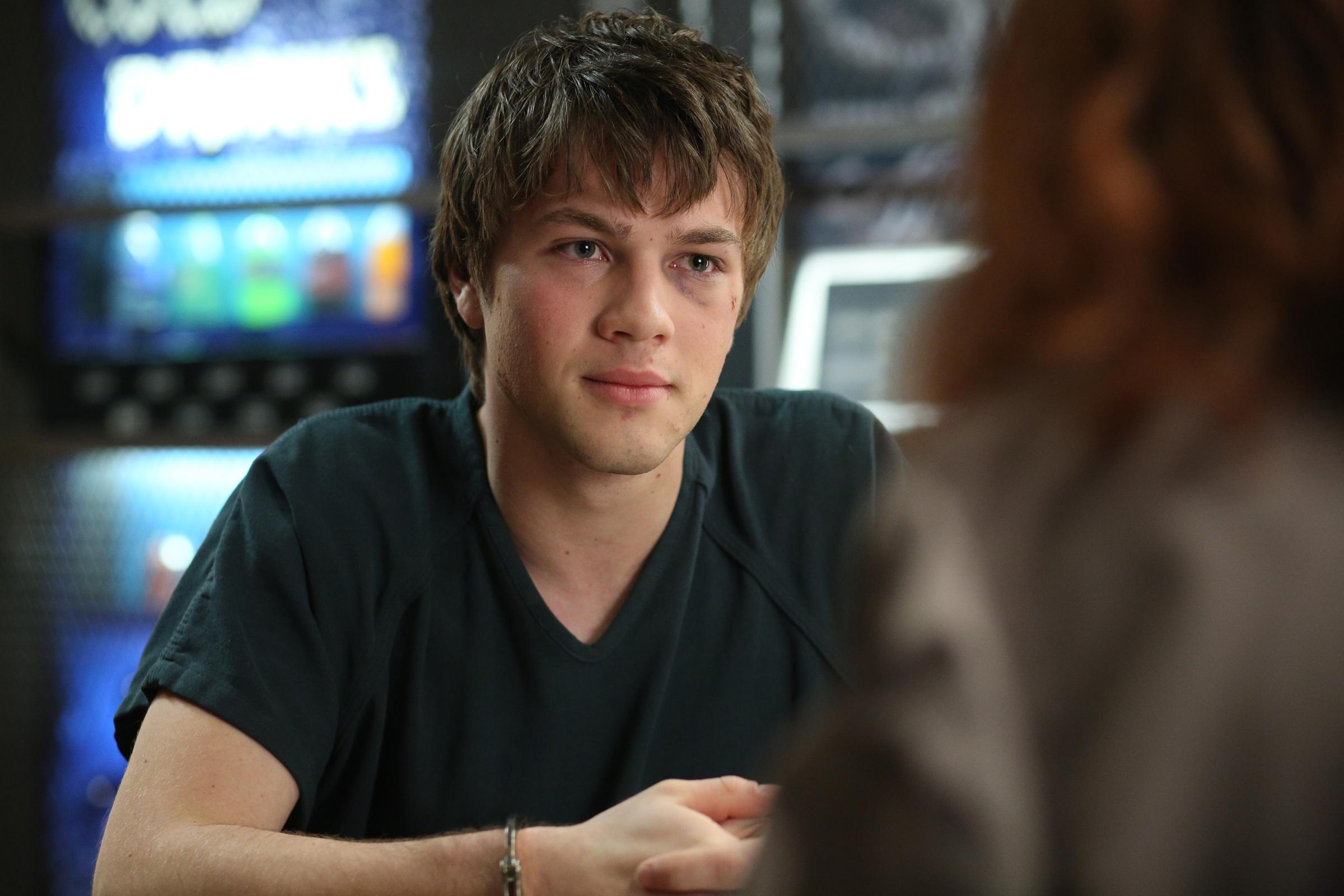
American Crime was, in its first season, something of an Emmy favorite, winning a prize for Regina King. She’s great in season 2 and will surely be invited back along with last year’s nominee Felicity Huffman, but I hope voters don’t forget about the victim at the center of the show’s action. Connor Jessup plays a private school scholarship kid who accuses a male classmate of sexual assault, and brings a stunning amount of pain—from his trauma, from his social class, from being gay in conservative Indiana—to bear on the entire season, which follows him through some horrific decisions. It would all be too much, a loftily ambitious failure, if Jessup, only 22 and promising major things ahead, didn’t haunt us so much.
Best Actress in a Miniseries: Riley Keough, The Girlfriend Experience, Starz
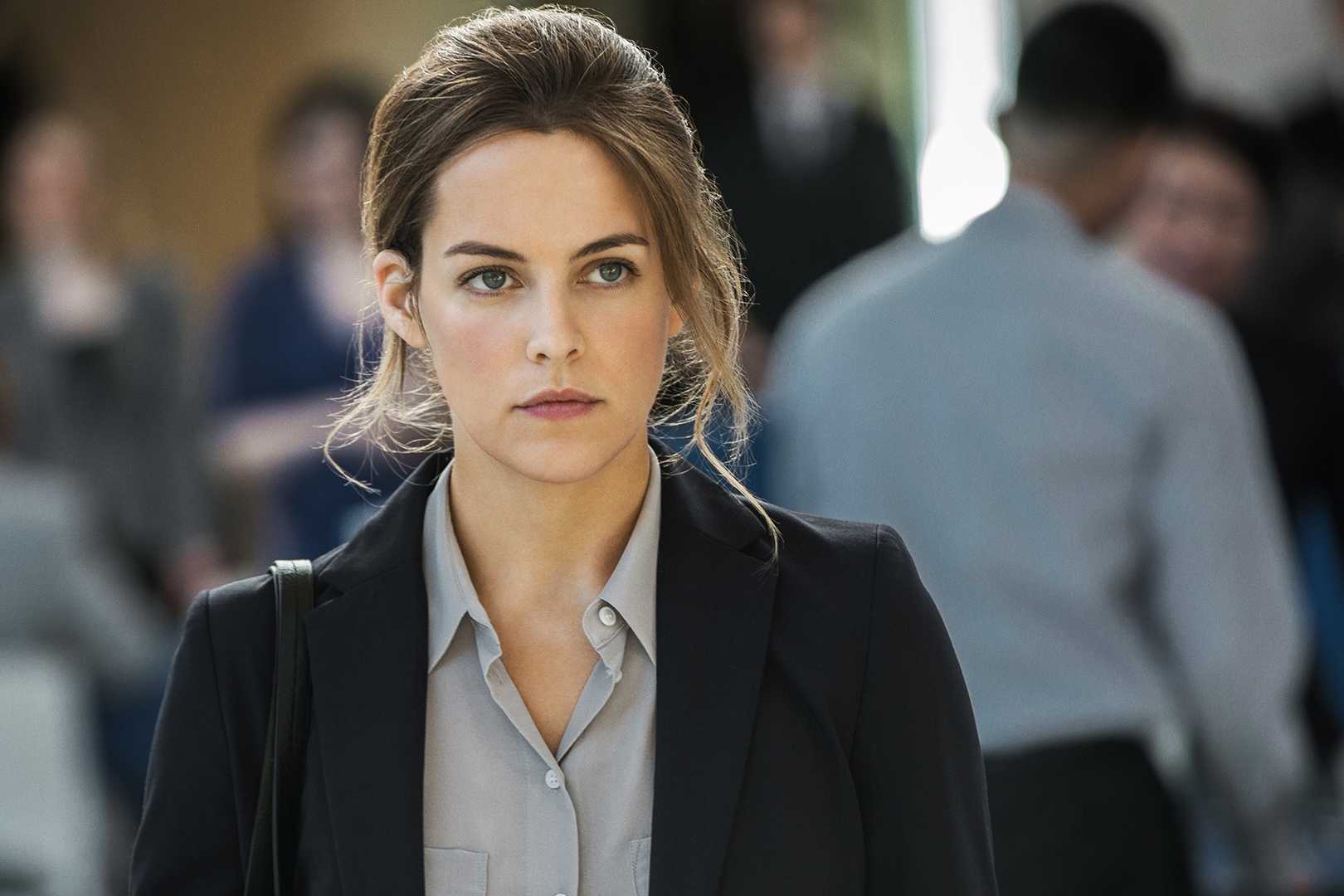
Another performer at the center of an increasingly elaborate narrative, Keough anchors Starz’s stunning drama of surveillance and sex. Barely ever offscreen, the performer takes us through a young law student’s entry into the field of sex work, her eventual mastery of it and the ways in which it leads to her professional downfall in her life outside the bedroom. Keough’s Christine is nobody’s victim, though—increasing obstacles only make her steelier and more determined to win, whatever that has come to mean for her. Sarah Paulson, from The People v. O.J. Simpson, is the prohibitive favorite here, so much so that people have come to care about a category that’s usually a bit less high-profile. But she ought to be nominated alongside Keough’s work creating a character whose rejection of social mores and pursuit of success at all costs make her entirely, shockingly, contemporary.
More Must-Reads From TIME
- The 100 Most Influential People of 2024
- The Revolution of Yulia Navalnaya
- 6 Compliments That Land Every Time
- What's the Deal With the Bitcoin Halving?
- If You're Dating Right Now , You're Brave: Column
- The AI That Could Heal a Divided Internet
- Fallout Is a Brilliant Model for the Future of Video Game Adaptations
- Want Weekly Recs on What to Watch, Read, and More? Sign Up for Worth Your Time
Contact us at letters@time.com